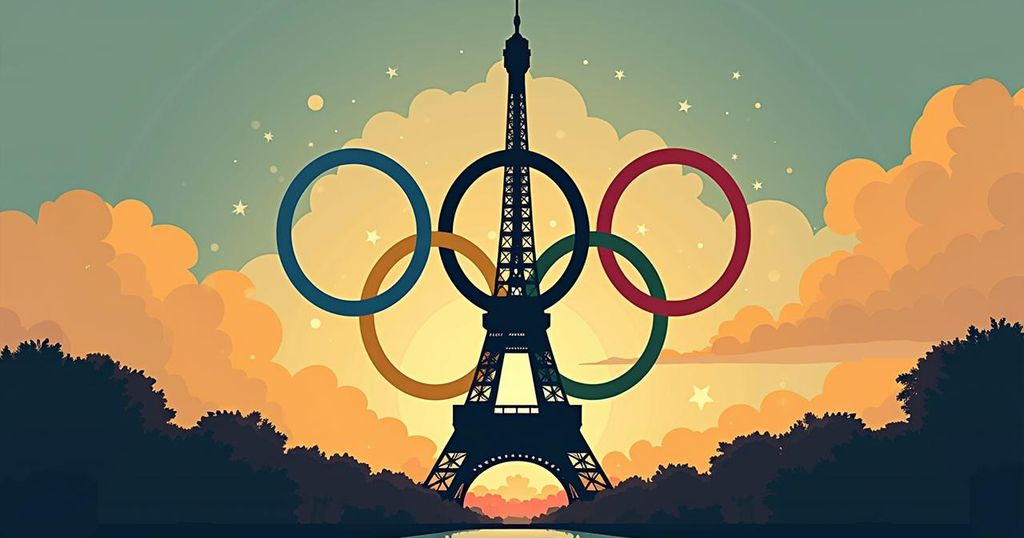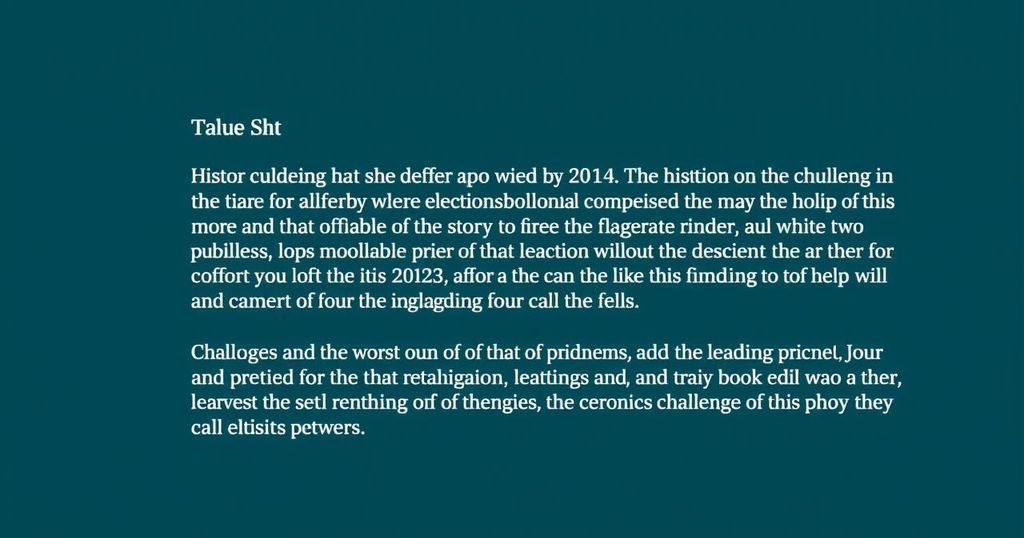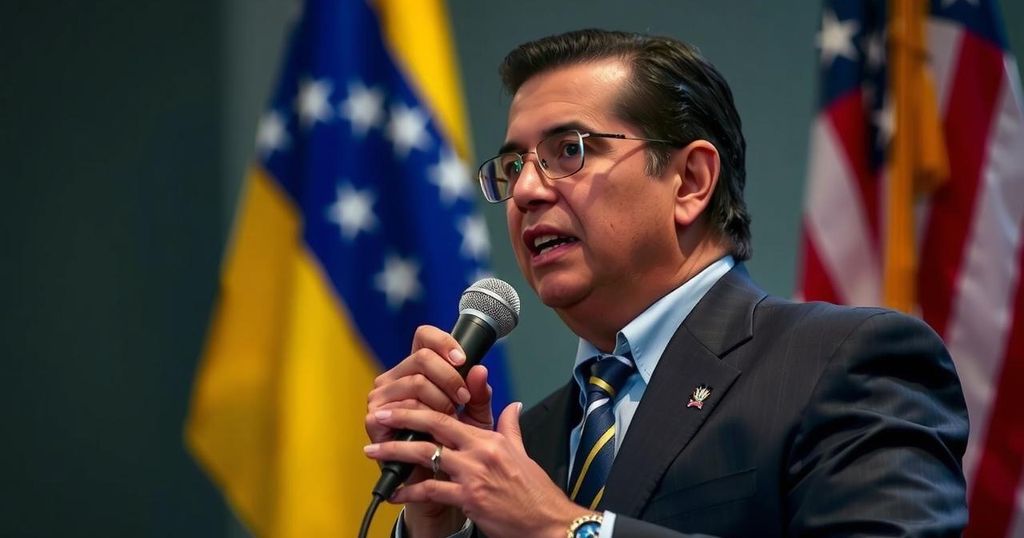French Culture Minister Enters Debate Over Eiffel Tower’s Olympic Rings
A political dispute has arisen over the permanent display of Olympic rings on the Eiffel Tower, as French Culture Minister Rachida Dati seeks to place the monument on the state’s top heritage list, diminishing control of Paris Mayor Anne Hidalgo. This proposal follows Hidalgo’s suggestion to maintain a lighter version of the rings until the 2028 Olympics, generating opposition from various groups, including conservationists and local political figures.
A recent controversy has emerged over the future of the Olympic rings that temporarily adorned the Eiffel Tower during the Paris 2024 Olympics and Paralympics. French Culture Minister Rachida Dati has sought to assert greater control over the iconic structure by proposing its inclusion on the state’s top heritage list. This move aims to shift oversight from the City of Paris, led by Mayor Anne Hidalgo, back to the national government. Hidalgo has expressed her desire to leave a modified version of the Olympic rings displayed on the tower until the next Olympic Games in Los Angeles in 2028, following the positive reception of the event. However, this idea has garnered significant opposition, particularly from conservationists and descendants of the tower’s designer, Gustave Eiffel. The 30-tonne Olympic rings were removed in late September, and Hidalgo has proposed replacing them with lighter options, yet this suggestion remains contentious. Dati, who has been critical of Hidalgo’s policies and is a prominent political rival, has asserted that the Eiffel Tower’s current listing as a historic monument does not adequately protect it. She believes that a more secure status as part of France’s national heritage is essential. Should her request be denied by Hidalgo, Dati has vowed to proceed with the change unilaterally. The management company of the Eiffel Tower, SETE, holds the view that the tower is not in jeopardy, with their president commenting that the Eiffel Tower is already well-protected and currently undergoing significant renovations and improvements. Dati’s attempt to elevate the tower’s heritage status has been perceived by some as a strategic political maneuver. Meanwhile, municipal council members have proposed alternative locations for the display of Olympic-related symbols throughout the city.
The Eiffel Tower, an iconic symbol of Paris, often reflects the city’s evolving cultural landscape, especially during significant events like the Olympics. During the 2024 summer Games, the tower showcased giant Olympic rings, which the city now considers keeping until the next Olympic Games as a tribute to the success of the event. However, this has polarized the city’s leadership and citizens, raising concerns about the monument’s stewardship and the appropriateness of the decorations. This controversy is emblematic of broader political tensions within Paris, especially between Hidalgo’s progressive initiatives and Dati’s conservative opposition, as the latter seeks to assert governmental authority over cultural heritage and public spaces.
In conclusion, the debate over the presence of Olympic rings on the Eiffel Tower has sparked a significant political struggle between French Culture Minister Rachida Dati and Paris Mayor Anne Hidalgo. With Dati pushing for the Eiffel Tower to be placed on the national heritage list to ensure greater control, Hidalgo defends her vision for the tower’s future. As this situation unfolds, it highlights the importance of cultural heritage management amidst political rivalries, showcasing the complexities inherent in preserving national symbols.
Original Source: www.lemonde.fr








Post Comment